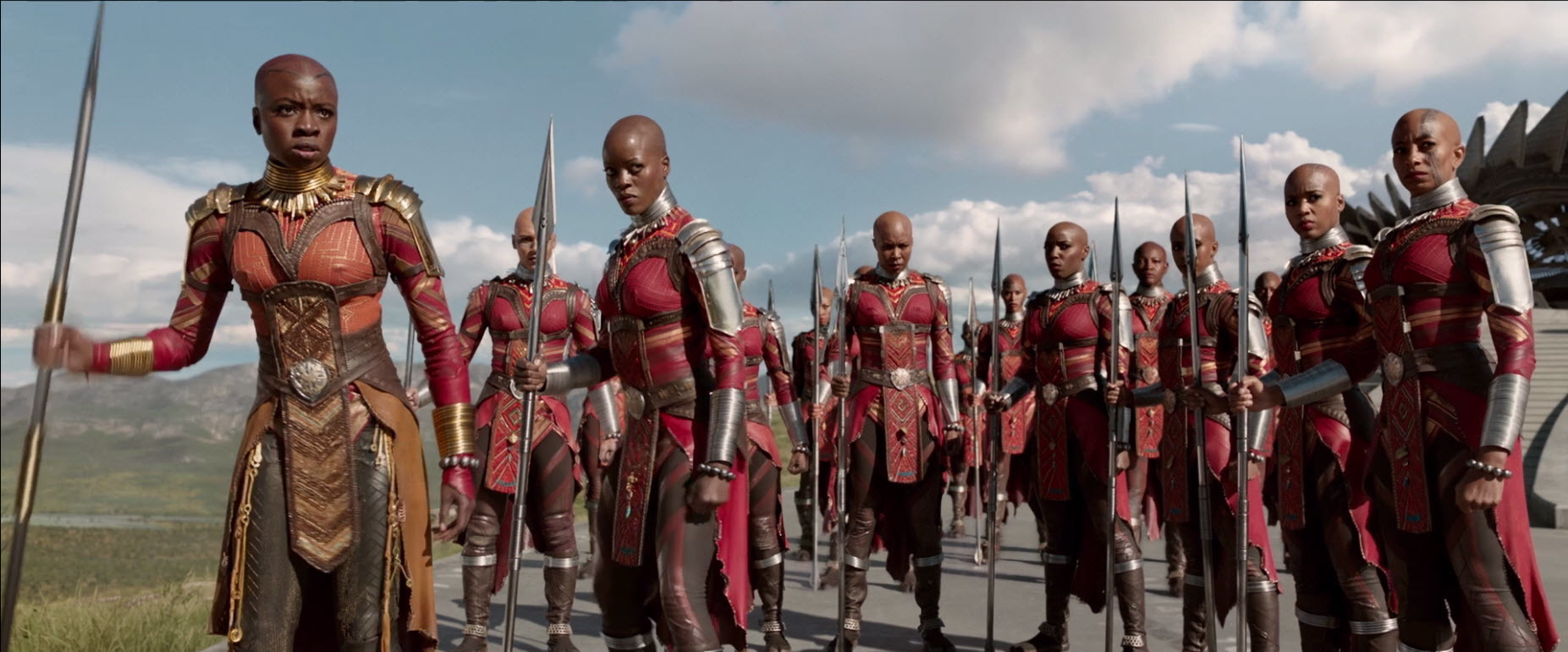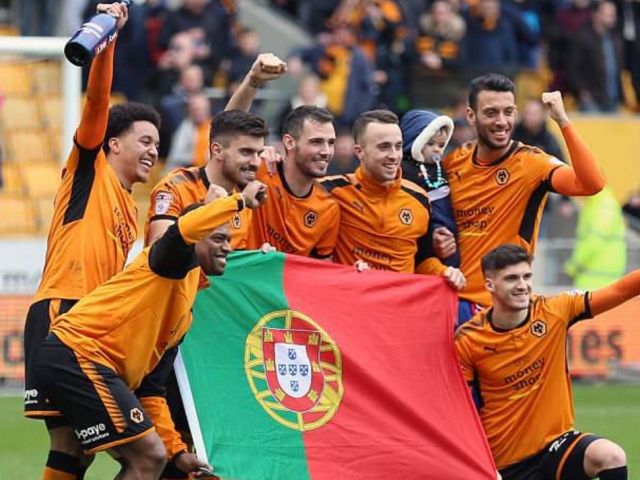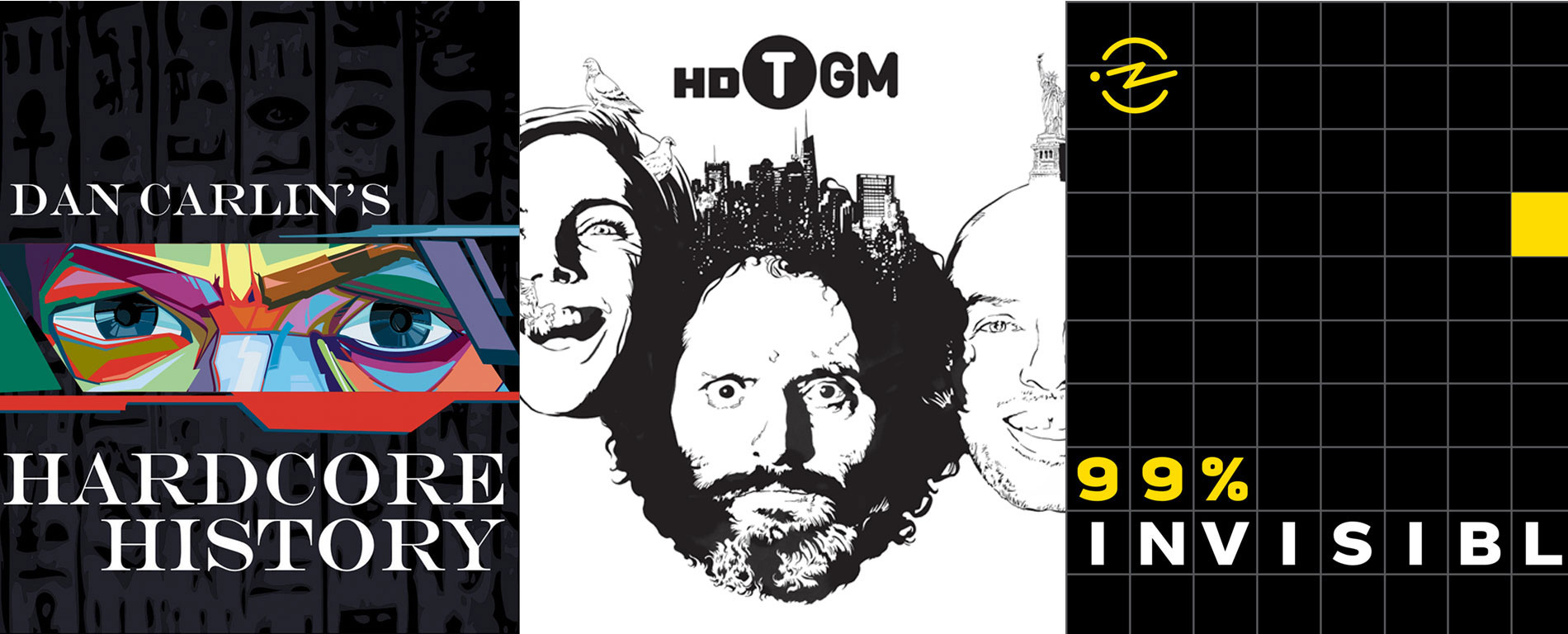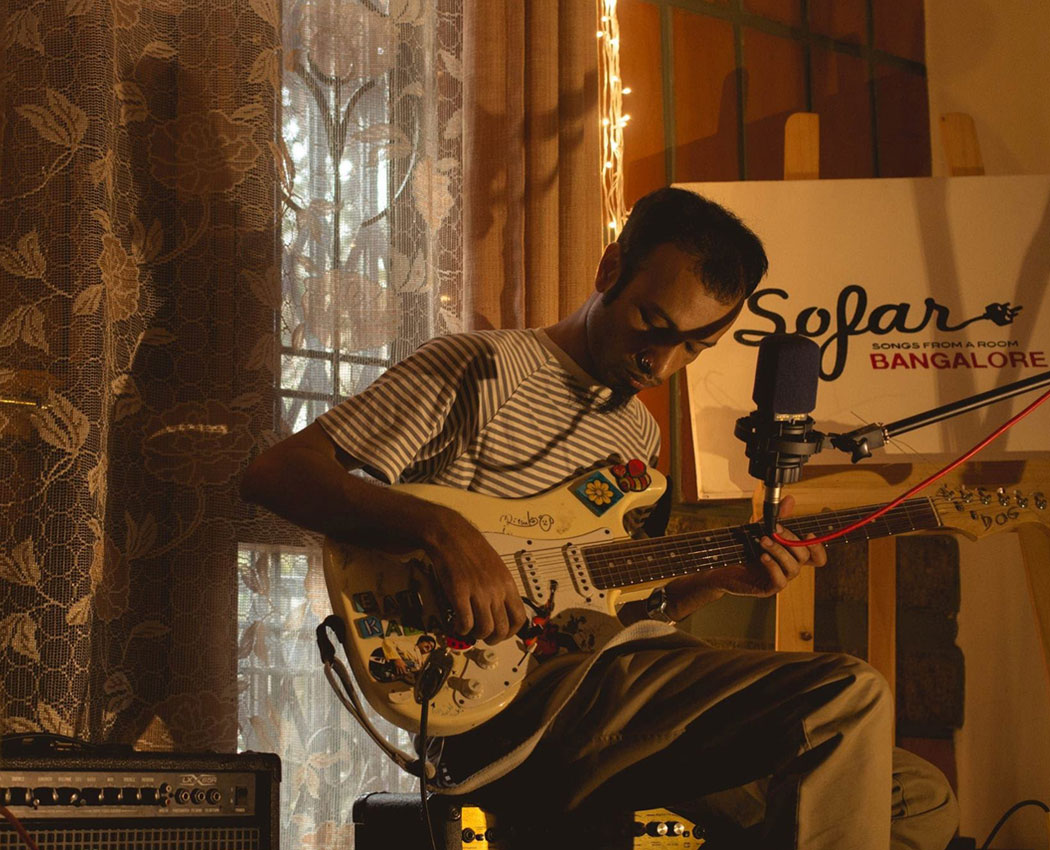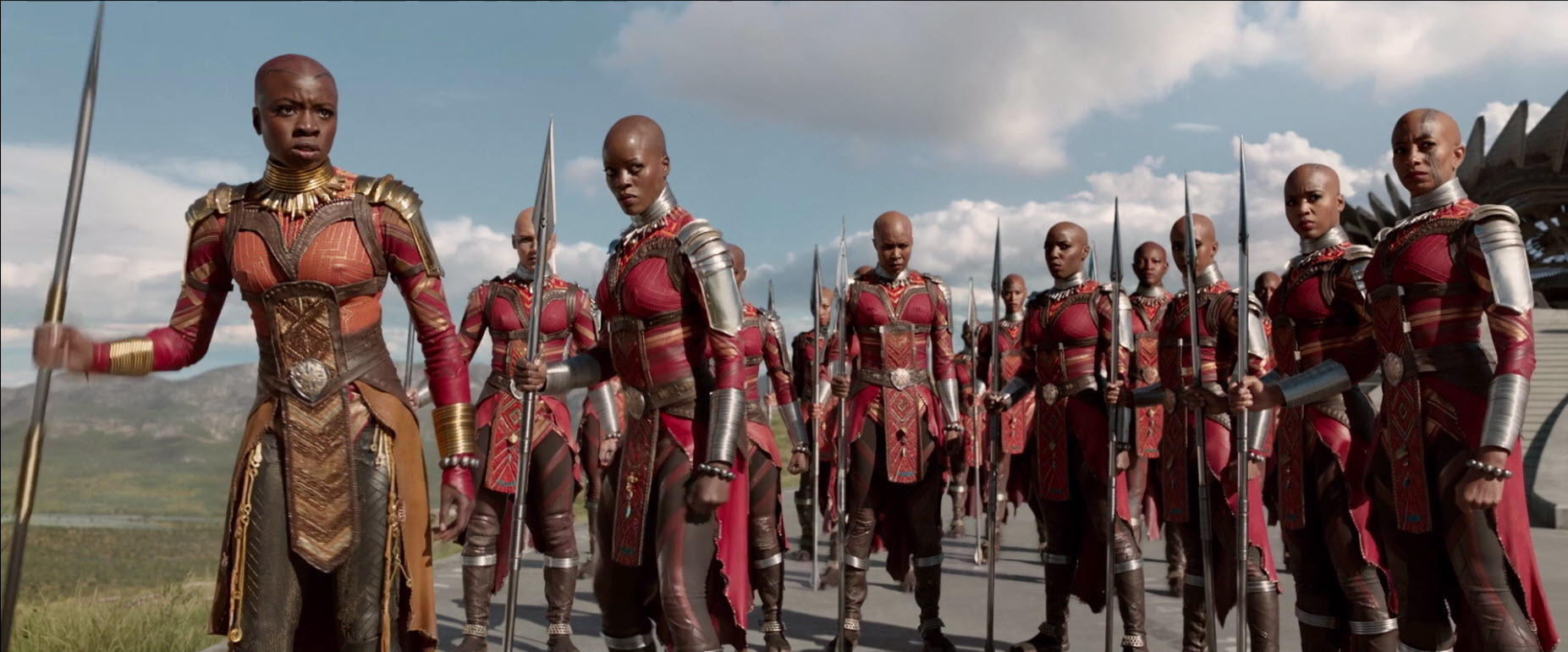
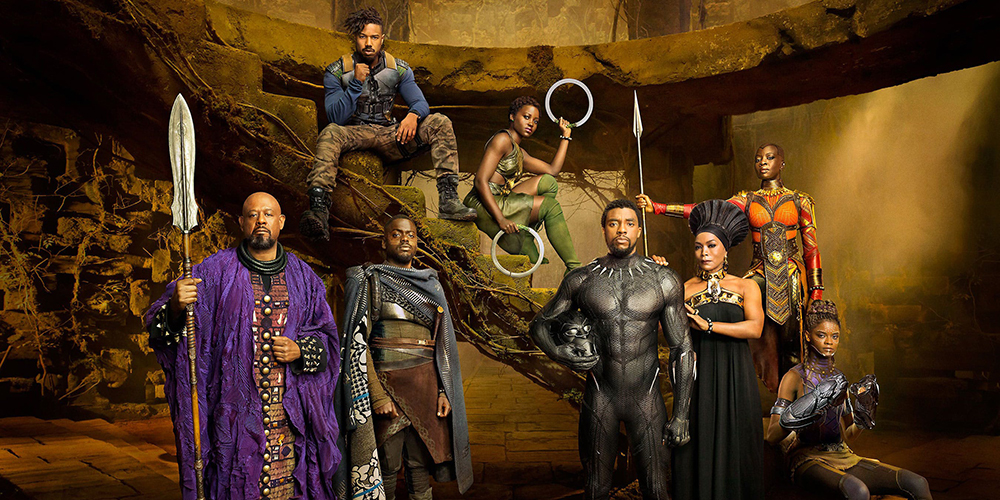
The year is 1966. Imagine a young Stan Lee and Jack Kirby sitting in a smoke-filled room, discussing the Marvel Universe, the American political climate, and the lack of inclusivity in comics and real life alike. Lee and Kirby then decide to introduce Black Panther — a primal hero with the might of never-before-imagined technology behind him — marking a significant turning point in Marvel’s history. Nearly half a century later, the character is brought to the silver screen by a team of artists and actors — revolutionaries in their own right — finally bringing decades-old radicalism into the spotlight. Although Black Panther has shown himself a fair few times since his inception, he has always been just out of sight. Lurking in the fringes of the imagination of a select few, or making guest appearances in arenas devoted to more popular (and whiter) heroes, the Panther hasn’t quite had the chance to make his mark. It is this tumultuous journey, and its congruity to debates around equality and race, that make this film so stunningly relevant.

Despite there being interest in converting the story into a film as far back as 20-odd years ago, it’s probably serendipitous that Black Panther has reached Hollywood only now. From handpicked directors and actors, to carefully chosen costume designers, musicians, and set designers, Black Panther sets a bar that’s unlike any that have come before. After all, who else can tell an African story better than Africans themselves? In an era fraught with racial biases, the movie is an affirmation, a voice, a safe space, and — most importantly — a vehicle for constructive dialog. Shining like a beacon in the mist, Black Panther manages to be universally appealing — no small feat, given current political climates. Fans of previous Marvel offerings can see the threads connecting this film to others that have come before it, and the action sequences are inherently familiar — fast-paced, quippy, and audaciously staged. Where it differs, however, is its setting. Movies made in Hollywood tend to focus on “worldwide” events that happen to be centered around the United States, but this movie makes Uncle Sam a supporting actor, comic relief, and a not-quite-evil villain.
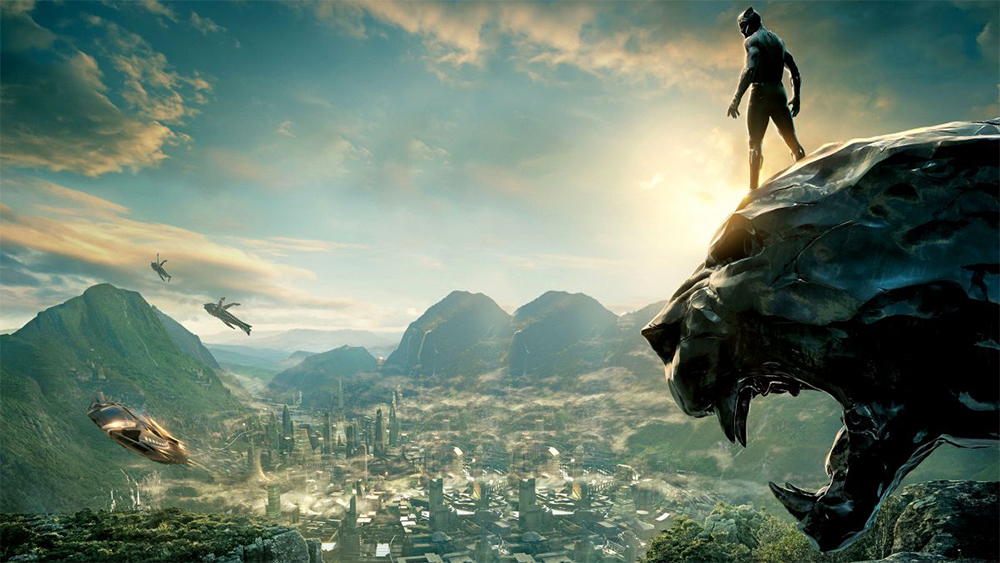
The movie’s arresting visuals, the utterly spectacular design of the fictional Wakanda, and the subtle-yet-powerful incorporation of African elements into every costume and background track are an homage to a vibrant continent that has oft been misrepresented in media. Kendrick Lamar’s curated soundtrack — inspired by the film — is a transcendent experience. It is a modern take on traditional film scores and a journey back into Black Panther’s world. Combining heavy basslines, dreamy vocals, and lilting melodies, Lamar has managed to bring together artists who inject the essence of Mama Africa into every verse. It’s not just sight and sound that make this a film worth talking about though — like every Marvel movie, it’s got crisp writing, pithy one-liners, and the well-fleshed out characters we’ve come to expect. But unlike others from the Captain America-led cinemaverse, large chunks of screen time are devoted to the women in the film. For an action film to be centered around its female cast members is a rarity in itself; this movie tackles it so gracefully, you’re left wondering why we don’t see it more often. From Shuri’s razor-sharp intellect and Ramonda’s serenity to Nakia’s independence and Okoye’s badassery, the characters showcase the vibrant spectrum of feminine qualities. The women fight, banter, create, and protect as well as (and sometimes better) than any man on screen.

While Black Panther may not be the first to encourage healthy discourse on race and gender issues, and certainly won’t be the last, it is definitely a powerful weapon in the arsenal. Already, people across cyberspace are dissecting the inspiration behind the costumes, and drawing parallels between the real Africa and Wakanda. Women worldwide are proudly comparing themselves to the characters within the film, and discussing its enormous impact on young women of color in the future. Where you once had women discussing whether they were a ‘Carrie’ or a ‘Samantha’, now everyone wants to be a ‘Shuri’ or an ‘Okoye’.
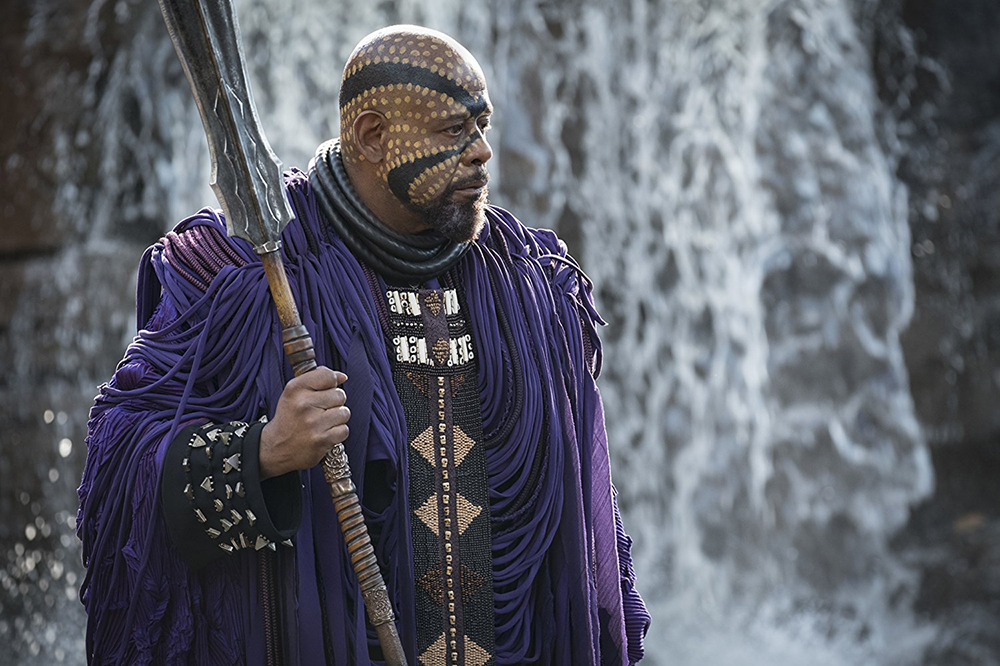
Black Panther, with its inherent African pride, has managed to make black culture aspirational as well as hugely successful — not just within the film’s storyline, but also at the box office. Tackling the potentially contentious issues of race and equality with tact is a gift — one that the cast and crew bring to the film in spades. The central conflict in this film isn’t about black versus white, good versus evil, men versus women or even colonizers versus the colonized. While references to oppression are subtly sprinkled into dialog, the movie makes a point to present its story without necessarily offering an opinion on history. It cleverly depicts a world that could have been, a culture that could’ve taken root, and cheekily declares to the world, “Look what we could’ve had if you’d simply let us be!”. Black Panther shows, rather than tells, how it imagines issues like conflict, diversity, equality, and cultural biases must be tackled. What’s even more impressive is that this was a story that began decades ago, in the minds of two “colonizers”, in the midst of an era that was rather chauvinistic by modern standards. It was radical then, it is radical now, and will probably be radical for years to come.
<div class="at-above-post-cat-page addthis_tool" data-url="https://freeasiam.jockeyindia.com/2018/03/06/black-panther-marvels-love-song-to-africa/"></div>The year is 1966. Imagine a young Stan Lee and Jack Kirby sitting in a smoke-filled room, discussing the Marvel Universe, the American political climate, and the lack of inclusivity in comics
